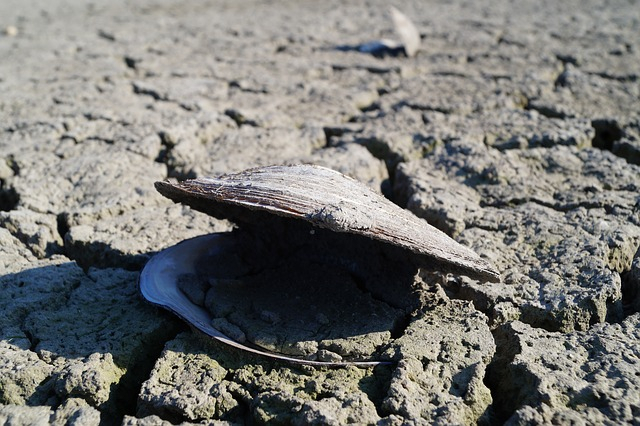
It was billions of years ago that life began on the earth. The cycle of evolution has already demonstrated how the transformation took place in terms of humans as well as other animals. Now, an American biologist, in his new book "Evolution: A View from the 21st Century," wrote a section which indicates one question -- Will humans be transformed into a different kind of species?
The 75-year-old Shapiro said, if we look at the ecological disruption or the climate change which would lead the humans to extinction, then "it is readily apparent that many organisms will suffer severe physiological and nutritional distress and that populations will be greatly depleted, thereby, altering customary mating patterns and host-symbiotic relationships."
As per this transformation process, the switching or altering the cell's regulatory architecture and thus procedure might help explain the accelerated mass "originations" that follow "mass extinctions."
Even though Shapiro's book is not about mass extinctions, as an example he talked about the fossil records in his book as well as the explosion of new organisms and the extinction of dinosaurs, which happened after a meteorite hit earth almost 66 million years ago.
However, now we are at an era when half of this planet's population and animal species are at risk due to climate change.
Shapiro's book challenged the neo-Darwinism concept of genetic innovation. As per this most accepted theory organisms evolve because of random genetic mutation and nature's world is to select the mutation process that works and reject the ones which don't. This is called natural selection.
But the book's author claims that genetic novelties are the result of "natural genetic engineering" and in this process, it doesn't pick the best mutation process but it selects best innovations, which were developed by sentient molecular beings within organisms.
The biologist believes that living organisms actively change themselves and the environmental influences, and specific biological activities are the real cause of novel genetic structures and altered DNA sequences. It means our body starts to appreciate that information.
This function of thinking, which is "survival, growth, and reproduction," is challenged by the drastic change in the environment. In such situations, natural genetic engineering switches gears and starts genomic experiments.
"Hybrid dysgenesis, interspecific mating, infection, and prolonged stress conditions in the laboratory can all serve as experimental proxies for the genome-destabilizing events that would logically follow major ecological disruption," Shapiro wrote.
He further added that even though "high-level changes in the biosphere have been considered, little attention has been paid to the relationship between ecological disruption and genetic change."
Although we don't know the how the information processing system will work for humans, it is possible that the Homo sapiens will enter the mass extinction phase one day but when when will they be transformed into different animals remains a major question.









